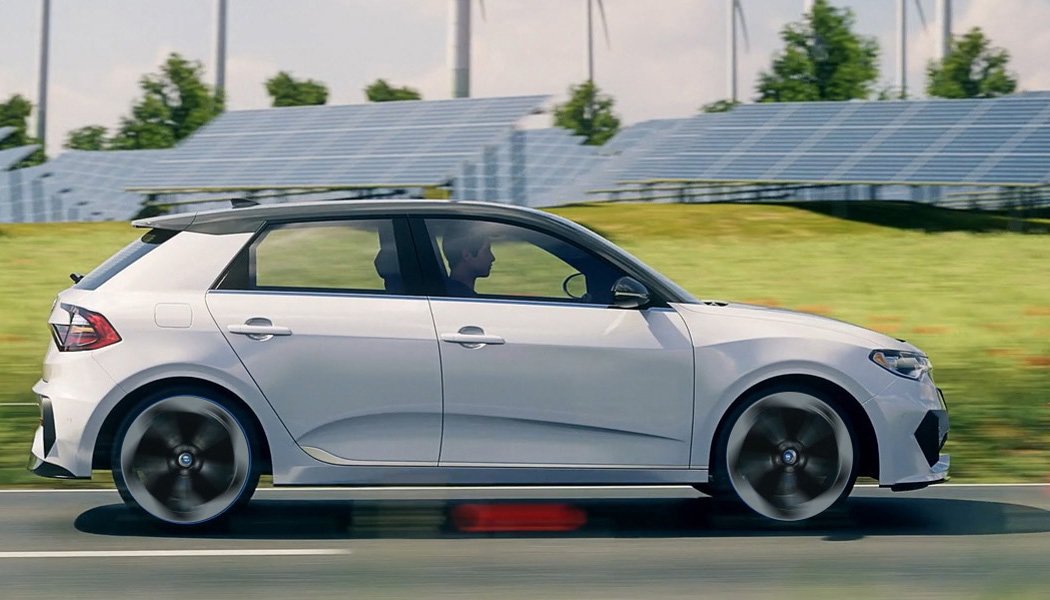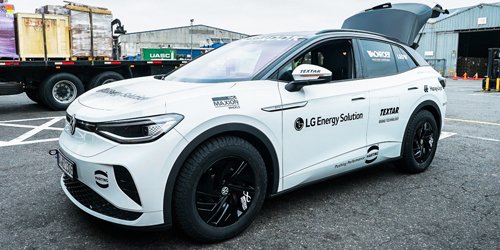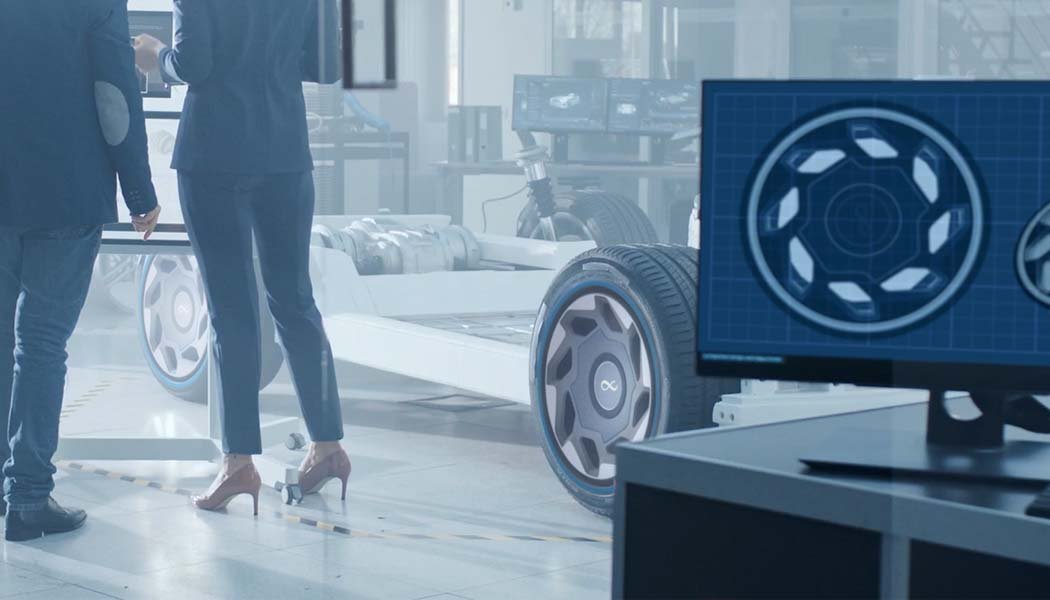A partner for affordable, sustainable mobility
Vehicle manufacturers and suppliers recognize their responsibility to act on climate change, reduce emissions across their entire value chain, and develop circularity in their sourcing models.
Wheels are a priority for action. Their production is energy-intensive, and the raw materials pose challenges. Significantly increasing the share of sustainable and recycled materials in wheels by 2030 is a key ambition for Maxion Wheels.
The transition towards a circular economy requires Maxion Wheels to minimize the use of primary raw materials, eliminate waste, and keep suitable automotive-grade wheel materials in circulation for wheel applications for longer.
In 2023, with the goal to reduce CO2 equivalent emissions to the lowest possible level for two existing series production light vehicle wheels, Maxion Wheels launched two ultra-low CO2 wheel pilot programs – one for steel – one for aluminum.
A global cross-functional team with representatives from Engineering, Supply Chain, Operations, Sustainability and Marketing kicked off the work in February and finished in August with the pilot wheels demonstrating the viability of the “green” materials and processes. The verified results were communicated from the automotive industry’s mega event, IAA Mobility in Germany.
The following highlights the team’s work.
Low CO2 steel fast tracks greenhouse gas emissions reductions
Maxion Wheels’ commitment to accelerate the reduction of CO2 equivalent emissions has led to the launch of a new generation of steel wheels. These wheels are the result of strategic partnerships with steelmakers that ensure new “green” steel grades are available in suitable material grades for wheel applications.
Produced at Maxion Wheels light vehicle steel wheels plant in Manresa, Spain, the ultra-low CO2 steel wheel demonstrates ample advantages over conventional steel. Cradle-to-gate emissions for the 16” electric last-mile delivery vehicle wheel are 3.02kg of CO2 per kg of finished wheel. With low-CO2 steel and electricity from renewable sources, this figure falls to 1.19kg per kg — a 61 percent reduction.
For applications where every mile counts, steel wheels not only contribute to extending range, they also improve total cost of ownership providing fleet customers with a cost-effective sustainable solution.
A CLEAR PATH FOR ACTION
Phasing out the low-cost, higher emissions materials that help make mobility affordable is a challenge the automotive industry must solve if it is to create a carbon neutral future. Maxion Wheels is supporting vehicle manufacturers taking the first steps in this direction.
The focus to date has been on electric vehicles, primarily new premium models, and platforms. Not all vehicle fleets can achieve 100 percent electrification with many organizations seeking more affordable ways to deliver CO2 equivalent footprint reductions. A growing number are receptive to ideas on how to demonstrate action on climate commitments.
For the brands able to commit, strategic partnerships with suppliers and steelmakers that ensure new “green” steel grades are available for wheels will be a wise decision. Securing limited volumes of this affordable, sustainable solution should be a priority.
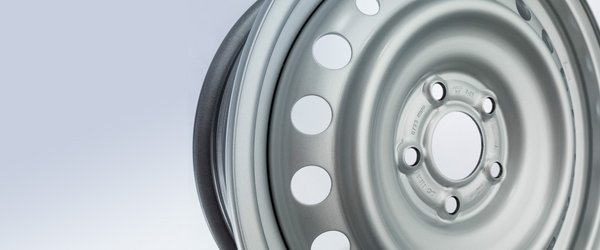
SCALING UP CO2 SAVINGS
Maxion Wheels has mapped CO2 equivalent emissions for the recycled material process to the same standards as for its series production programs. Produced in Brazil using hydroelectric power, CO2 emissions for the finished wheels are less than 2.14kg CO2 per kilogram of wheel.
An identical wheel made in the same plant using primary aluminum would have a CO2 footprint of 5.60kg CO2 per kilogram of finished product.
The energy mix in Brazil makes our aluminum wheel facilities in Santo André and Limeira ideal sourcing locations for sustainable wheels. Although different locations naturally have different Scope 1 and 2 profiles, the benefit of substituting primary aluminum with secondary material is universal.
Scaling up this project will be possible with further development of supplier capacity. The main barrier to mass production is cost and availability.
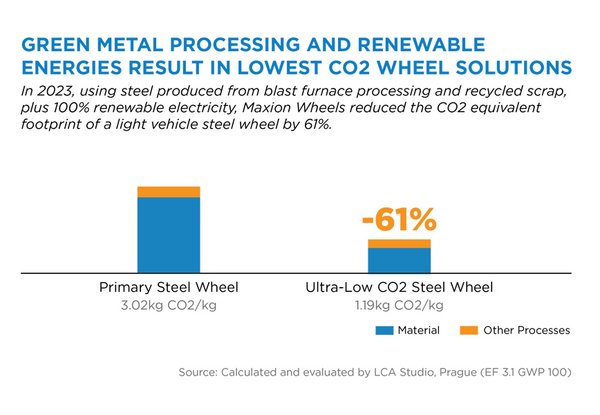
“Confidence in the performance and finish quality is no longer a question. The development of a new secondary material supply base is running fast, and strategies for greener raw materials purchasing are starting to solidify.”
Materials key to carbon neutral wheels
Renewable energy can reduce the CO2 equivalent footprint of a wheel, but the biggest opportunity lies in the emissions-intensive raw materials wheels use. Around 75-85 percent of a wheel’s CO2 footprint is from the raw material, regardless of whether it’s steel or aluminum.
Conventional primary aluminum is the most CO2 equivalent intensive. For each kilogram of primary aluminum produced, depending on the energy source, 3.5 to 25 kg of CO2 is released into the atmosphere. Production of a kilogram of conventional primary steel emits 2 to 2.5kg of CO2. With conventional steel’s significant advantage over aluminum, switching to steel can provide immediate reductions. Long-term alternatives are needed, however, for mobility to become carbon neutral.
To read more about Maxion Wheels' sustainability product transformation projects, read our white paper, Maxion Wheels Sustainable Wheel Strategies for CO2 Savings.


